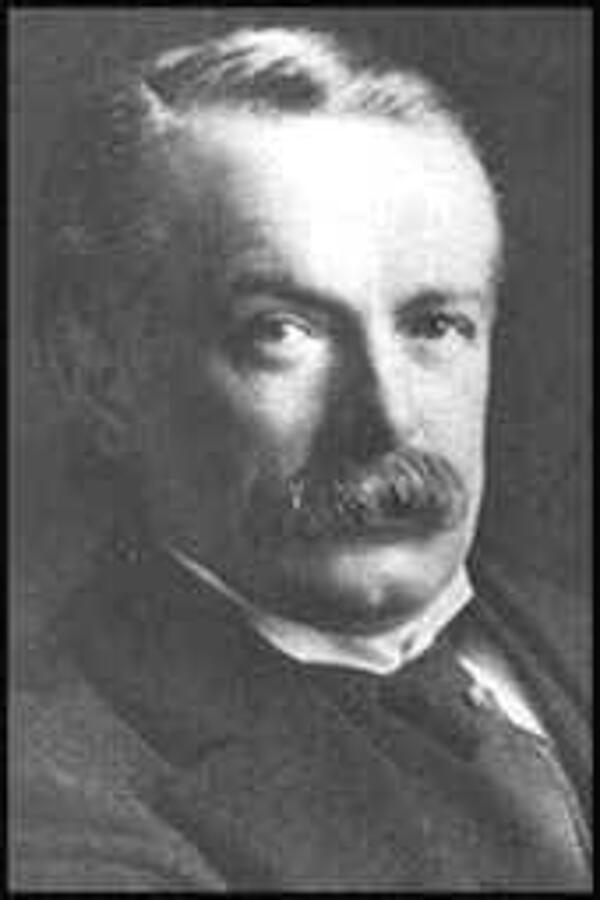David Lloyd George
David Lloyd George was the main British politician who was present at the Treaty of Versailles and who acted the ‘middle man’ between George Clemenceau and his attitude of total retribution and the contrasting Woodrow Wilson.
Lloyd George was born in 1862 and died in 1945. He was born in Manchester but was brought up in North Wales and in 1890 became the elected Member of Parliament for the boroughs of Carnarvon. He remained in this role for 55 years as part of the Liberal Party but his speaking brought him to the attention of the higher members of the party; he was made President of the Board of Trade in 1905 and promoted to Chancellor of the Exchequer in 1908.

Lloyd George has become associated with reforms that benefited much of society. This included the Old Age Pensions Act of 1908 and the National Health Insurance Act of 1911, which specifically targeted the most vulnerable members of society.
However, this wasn’t his only achievement. Lloyd George also helped to set off the clash between the House of Commons and the House of Lords thanks to his 1908 ‘People’s Budget’. This budget planned to introduce a new super tax on the rich that would help to fund the reforms that aided the poor. The budget was initially rejected by the Lords but this prompted a clash between the two houses, and subsequently the Parliament Act of 1911 was passed. This stated that the Lords would only have power to delay Commons actions through three rejections, but not reject them entirely.
Lloyd George remained a minister until 1915, when he became Minister of Munitions during World War One and was forced to deal with the shells crisis that left the British Army short of ammunition on the Western Front.
The leader of the Liberals during this time was Herbert Asquith, who was deemed to lack energy by Lloyd George and the Conservatives. So much so that in 1916, Asquith was replaced by Lloyd George as Prime Minister, who led a coalition government that was supported by the Conservatives. Although not on good terms with the senior military leaders, Lloyd George was respected for his attitude towards the war and was the country’s senior representative at the Versailles settlements.
By placing himself in this position he faced difficult decisions; on one hand, his public image was based around his belief that Germany should be defeated and held accountable for their actions. However, he was also concerned about the Russian Revolution of 1917, which he felt could only be stopped from spreading by Germany. As a result of this, Lloyd George had to be at his best at Versailles and the final treaty had to combine both a tough stance on Germany and leave the country strong enough to combat any potential Russian invasion.
Eventually, Lloyd George lost his support following Britain’s humiliation at Chanak in the Chanak Crisis of 1922. He resigned as Prime Minister in October 1922 and this was the last year when he made a significant impact into British politics. Lloyd George did become leader of the Liberal Party after Asquith retired in 1926, but much of the party was suspicious of him due to his actions towards Asquith during the war. Additionally, the Liberals were no longer a major force in politics and so he became almost a solitary figure; he was shunned by members of his own party and was also condemned when he spoke out in support of Germany in the 1930s.
Despite this, Lloyd George remained popular in north Wales and continued to speak in Welsh when he was in Carnarvon. He remains a hero to many in Wales.
MLA Citation/Reference
"David Lloyd George". HistoryLearning.com. 2025. Web.
